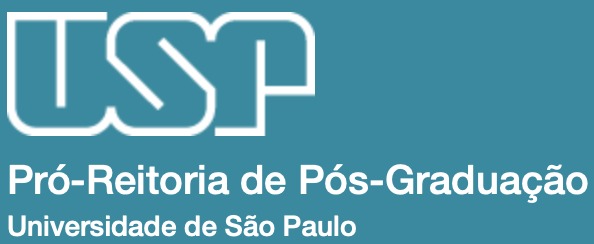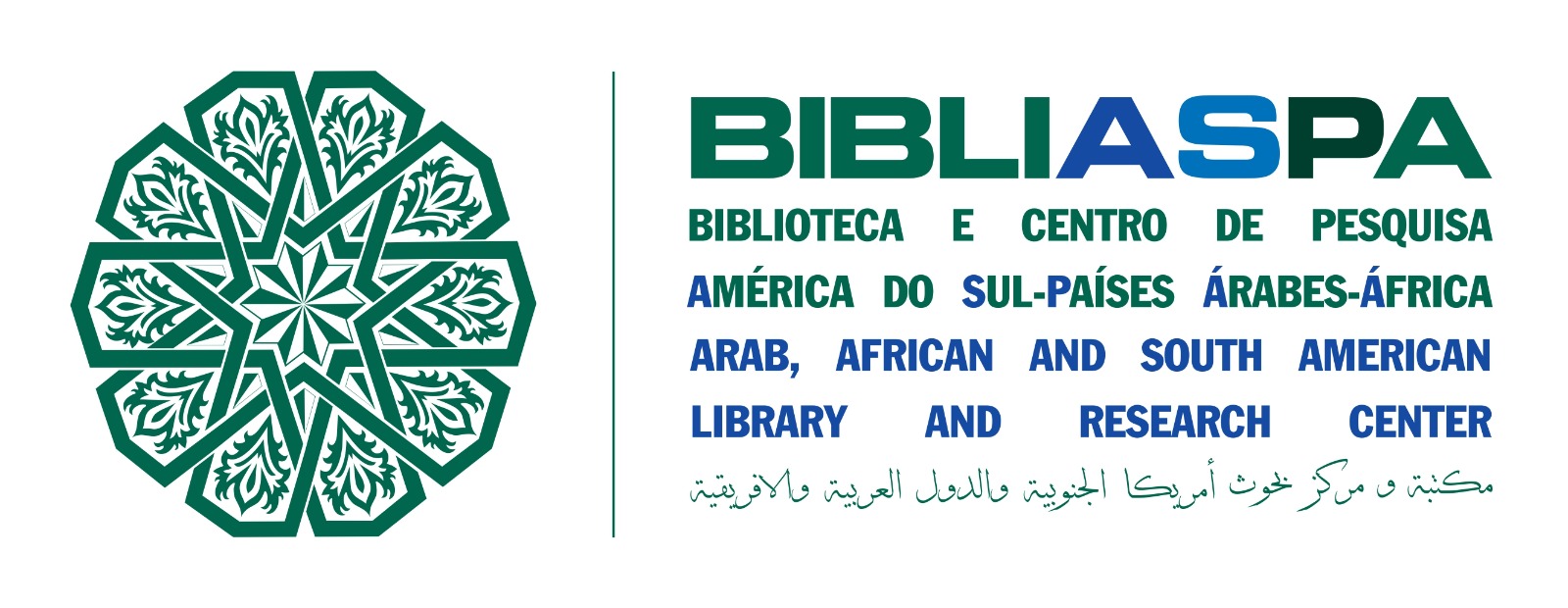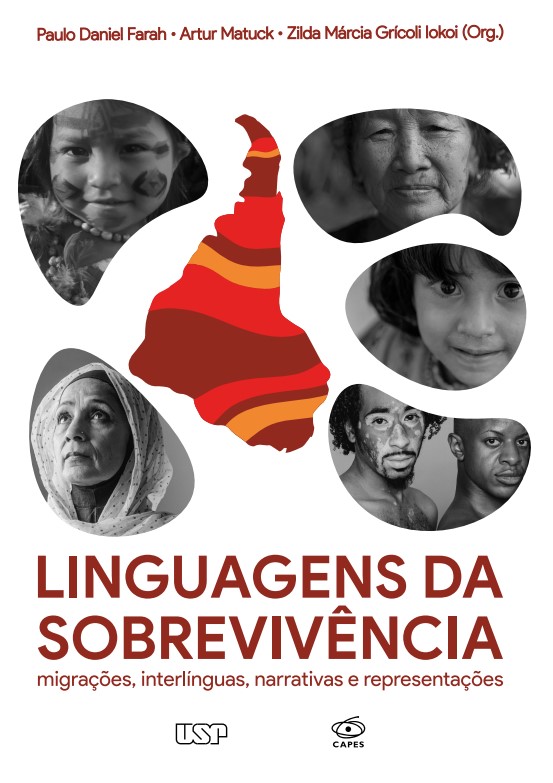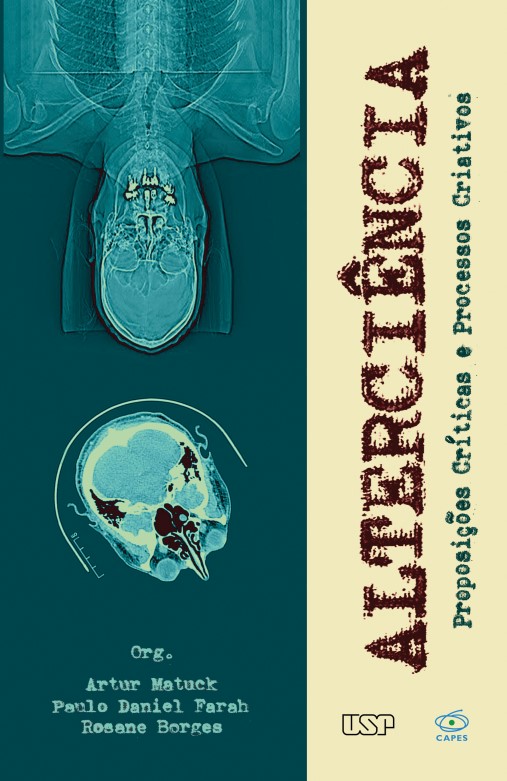TOPICS
The proposal to create an Interdisciplinary Graduate Program entitled Humanities, Rights and Other Legitimacies is an initiative of faculty researchers from different fields of knowledge - sociology, communications, history, anthropology, psychology, geography, law, and the environment - who are engaged in the investigation of issues pertaining to cultural diversity and its implications. The joint effort stems from the dissatisfactions of the always partial results and the limitations of disciplinary dialogues. The School of Philosophy, Literature and Human Sciences will be the unit responsible for the administrative management of the proposed program, which also involves permanent faculty members from the following units: Luiz de Queiroz Agricultural College (ESALQ), School of Communication and Arts (ECA) and Institute of Psychology (IP). The Program is inserted in the Interdisciplinary Knowledge Area - subarea Social and Humanities (Capes Table) with a single area of concentration called Humanities, Rights and Other Legitimities and should include those interested in interdisciplinary studies and that propose to work focused on observations converging to holistic procedures.
This proposal intends to respond to the challenges of contemporary coexistence between groups with various biological, cultural and economic characteristics that have generated manifestations of antagonisms resulting in distancing marked by hierarchical segmentations in social classes, race/ethnicity, gender, sexual orientation and religious dimensions. As a result of the lack of understanding and of political lines capable of promoting democratic coexistence, conflicts of all kinds impose themselves, feeding violence that expresses itself in different ways. This is the configuration of the "stranger". An anomalous figure and receptacle of atrocities committed at different levels.
In the Brazilian case, we can find evidence of these manifestations in the clashes present in daily life that are expressed, for example, in the controversy over affirmative or compensatory policies, notably quotas for African descendants in public universities. More recently - another example - the demarcation of indigenous territories shows the tension exposed in acute conflicts, in the suicides of tribal segments, all involving government sectors, the legal apparatus, religious institutions, the media, and rural producers who have infiltrated restricted areas. Issues of this magnitude concern exclusion/inclusion policies that directly affect rural and urban dwellers, whose protagonists congregate in associations.
There is, therefore, a serious risk of the growing diffusion of a mentality based on intolerant and anti-democratic feelings and behavior - precisely in the country that has always prided itself, sometimes rightly, sometimes wrongly, on being tolerant and capable of accommodating or overcoming conflicts through cordiality. Alongside the growing discredit faced by the State, which fails to provide security and justice to its citizens, a common sense averse to a comprehensive perception of the "other" prevails. An adequate understanding of the processes that have historically marginalized vast segments of the population and that create the vast mass of excluded, unemployed, and hopeless people is still to come.
It is not only in this realm that the role gap between the practical order and academic production takes hold. Interpretations proliferate repeating that culture and social life are diverse spaces.
The environment of interdisciplinary research and debate does not immediately solve the inequalities, nor would it be easy to apply suggestions arising from the studies carried out. It would certainly, however, be worthwhile as a form of respectable criticism and indicative of policies capable of promoting a culture of peace instructed in lessons that sum up conclusions from several disciplines. Thus, from this desirable approximation we can expect less vulnerable responses to actions lacking epistemological grounding.
A context such as ours requires strenuous efforts by the University to multiply research on rights, on different forms of intolerance, on distinct (and sometimes antagonistic) conceptions of humanity and legitimacy. The problem is so complex that only an interdisciplinary, continuous, regular and consistent debate will be able to properly address it and produce useful developments in the formulation of knowledge necessary to reverse despotic actions and to formulate public policies, capable of contributing to alleviate such a troubled scenario.
JUSTIFICATION
The proposal to create a graduate course in Humanities, Rights and Other Legitimacies foresees the gathering of research professors in activity at USP in order to provide interested students with a solid interdisciplinary work practice and critical academic training, making them able to exercise the most varied and relevant activities related to their work process.
For a proper understanding of this clash of conceptions and practices associated with rights, representations of the human, and social and legal legitimacies, it is necessary to account for the historical locations of the subjects in the socioeconomic hierarchy and their respective knowledge. It cannot be ignored that the hegemony of scientific knowledge usually achieves legitimacy through the disqualification of the "other" and of their collective experiences. Therefore, their knowledge and practices.
This proposition is based on the widely discussed and consensually established notion that Knowledge and the objects of reflection of researchers demand interdisciplinarity - since its historical determinants arise from decisions taken in the fields of politics, economics, values and socially established practices, traditions, family organizations, clans, geographical environments, evolution of the species, and others. These determinations give rise to psychic, physical and symbolic unfoldings pertinent to historical, cognitive and behavioral processes that are of interest to the different areas of knowledge, among which, in addition to the field of humanities, the knowledge of the medical, behavioral, and legal areas stand out.
The fragmentation of knowledge constituting the different scientific disciplines allowed the development processes of their respective areas to constitute extremely diversified theories and research methods, to the point of guaranteeing detailed measurements of specific realities. This phase of knowledge development was of unquestionable importance, but today the specialized knowledge must be used to integrate the processes of understanding about living beings - including human culture and even the planet - as a consequence of the socially held experiences, all this in the light of a holistic perspective, by means of which all the knowledge accumulated along the path of different civilizations can be used.
The challenges of our time require systematic cooperation among researchers in such a way that, supported by investigations capable of dialoguing among themselves, they allow the formulation of hypotheses that take into account the singularities and the diversity of the phenomena being studied. From multiple views emerge proposals, diagnoses, and solutions that are more adequate to the knowledge needs of our time. More complex studies make possible solutions adjusted to problems that have been faced in a unilateral way, whose answers do not unveil the connections and imbrications displayed by their complexity.
In light of these considerations, the proposed graduate course should have:
(a) three lines of research and one area of concentration;
b) an interdisciplinary profile
c) to have a nucleus of permanent advisors, as well as occasional collaborators (invited/visiting professors);
d) each professor may be responsible for at least two post-graduate students;
e) to welcome students from various academic and/or professional backgrounds;
f) to select its candidates through the evaluation of aptitudes, with the decisive participation of the advisors;
g) To organize itself in continuously updated disciplines that can be taught in alternation, counting on the plural participation of professors;
h) To supplement the students' education by means of lectures, seminars, exchanges, academic trips and technical visits to institutions, national and foreign, linked to the most general themes of the course now being proposed;
i) to orient Master's and Doctorate level graduate students in diverse areas of knowledge.
A basic education necessarily includes the areas of History, Law, Literature, Arts, Social Sciences, Philosophy, Psychology, Education and Communication. These areas of knowledge should interact, integrating the fundamental disciplines, while more thematic disciplines will be considered complementary.
Innovation will be permanently pursued, whether because of the need to renew the themes investigated and the ways of approaching them, or because the issues pertaining to alterity, human rights and intolerance manifest themselves in a profoundly dynamic and polemical way.









